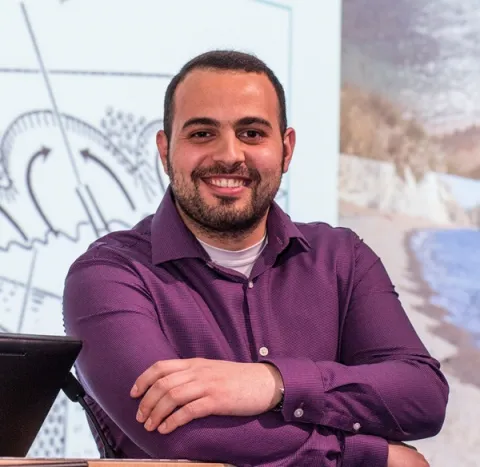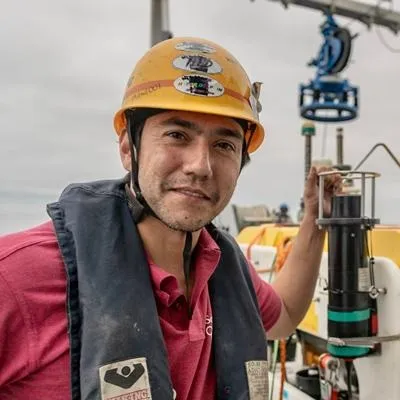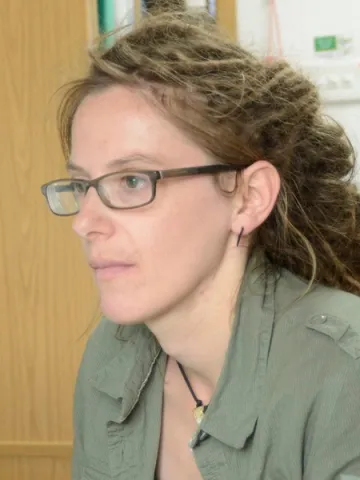Project overview
This FELS Geospatial demonstrator project seeks to build new partnership with the Dorset Coastal Forum, facilitating knowledge exchange and supplementing their baseline data with state-of-the-art geospatial data/ measurements needed to inform nature-based solutions (NBS) for coastal protection and habitat conservation in Studland Bay Marine Conservation Zone.
Staff
Lead researchers
Other researchers
Collaborating research institutes, centres and groups
Research outputs
Miquel Massot-Campos, Takaki Yamada, Bronwyn Walker-Rouse, Ken Collins, Julian Leyland, Hachem Kassem & Blair Thornton,
2023
Type: conference



